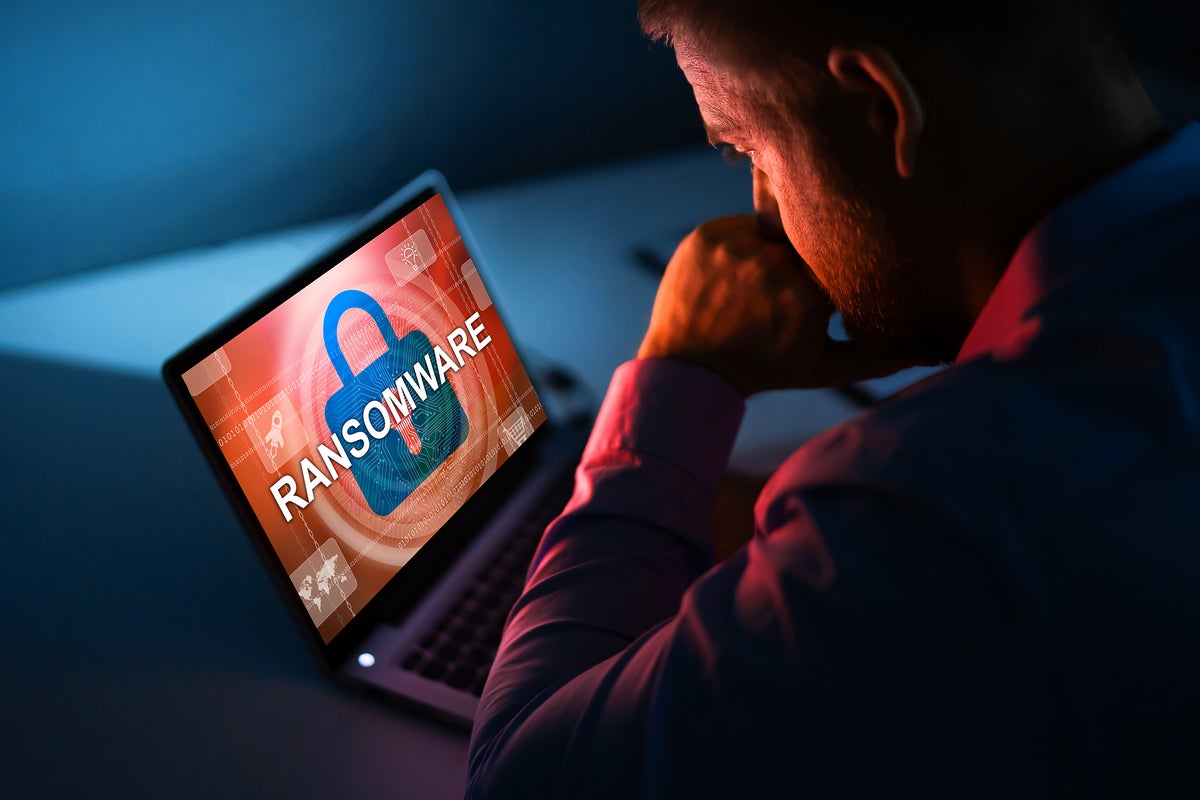- Cisco capitalizes on Isovalent buy, unveils new load balancer
- I upgraded to Android 16 - here's what I love and what's still missing
- You can get a free Samsung Galaxy S25 Plus from T-Mobile - how to qualify for the deal
- I replaced my Pixel 9 Pro for this $750 Android phone - and didn't regret it
- This is the most travel-friendly charger I've tested, with support for over 190 countries
Hospitals need to practice their security hygiene just like handwashing

Three federal agencies – the FBI and the Departments of Homeland Security and Health and Human Services – issued a security alert for hospitals last week that they have credible evidence of an increased and imminent cybercrime threat to U.S. hospitals and health systems. The call to action is for the entities to protect their network infrastructure from these threats immediately.
Last week, ransomware hit six hospitals that took their systems down. These six hospitals have openly shared the incident, but we do not know how many other hospitals were also affected.
The following four routines should be fundamental to every healthcare institution.
Over-communicate
CIOs and CISOs must devote their effort to over-communicate in the upcoming weeks on the security announcements, emphasizing organizational vigilance.
Christiana Care, CISO with Anahi Santiago, worked profusely on sending out multiple enterprise communications focused on situational awareness and calls of action for IT and hospital operations. She has also partnered extensively with her enterprise storage vendor on preparedness and response.
Back up appropriately
Health systems have invested a large portion of their budget in state-of-the-art backup automation tools. The key is to test the backup regularly while practicing restoring data regularly. College of Healthcare Information Management Executives (CHIME) reminded their members about the 3-2-1 backup rule: Ensure that you have three copies of your data (your production data and two backup copies) on two different media with one copy off-site for disaster recovery.
Update and patch
Ensure that all servers, workstations, and security tools have the latest updates and patches. Prioritize the highest risk areas and do not lose sight of the remote workforce. Organizations are promoting the virtual workforce, and that also means IT security will follow your employee as they are shifting the work environment and connecting to your enterprise assets from anywhere.
Cyber insurance
Having a cyber insurance policy is a prerequisite for all healthcare organizations. Ensure that the insurance policy covers the different attack scenarios and, most importantly, as an institution, decide early on whether the strategy is to pay the ransom if attacked. The majority of healthcare CISOs prefer not to pay if the choice is theirs.
Hospital and health system leaders must emphasize the importance of information security with the same priority as handwashing. Organizations must also practice their downtime process routinely vs. the typical once-a-year exercise. As clinicians work and live in the digital world, they may not remember or even know how to practice medicine during downtime using paper.
Copyright © 2020 IDG Communications, Inc.

